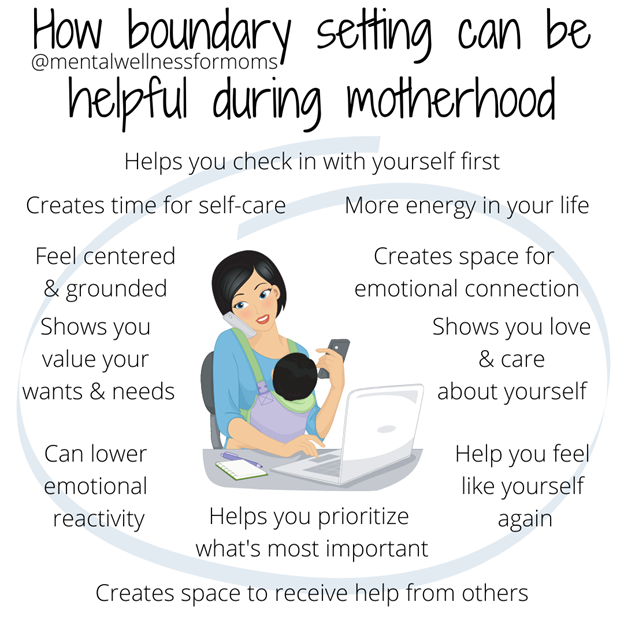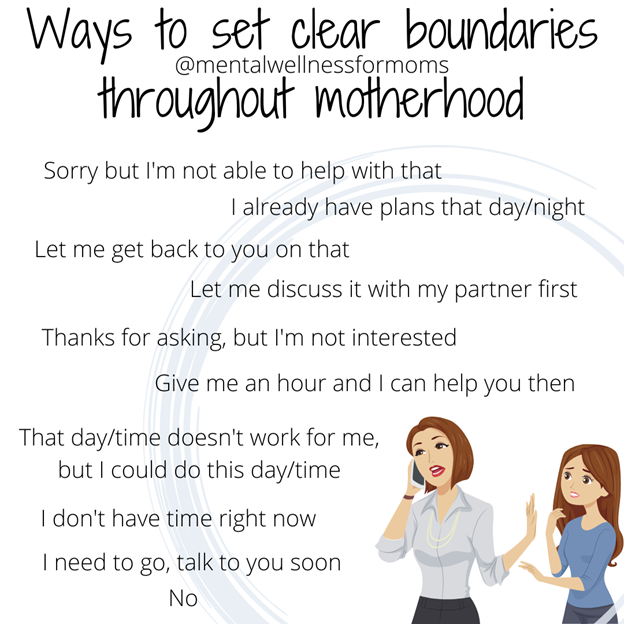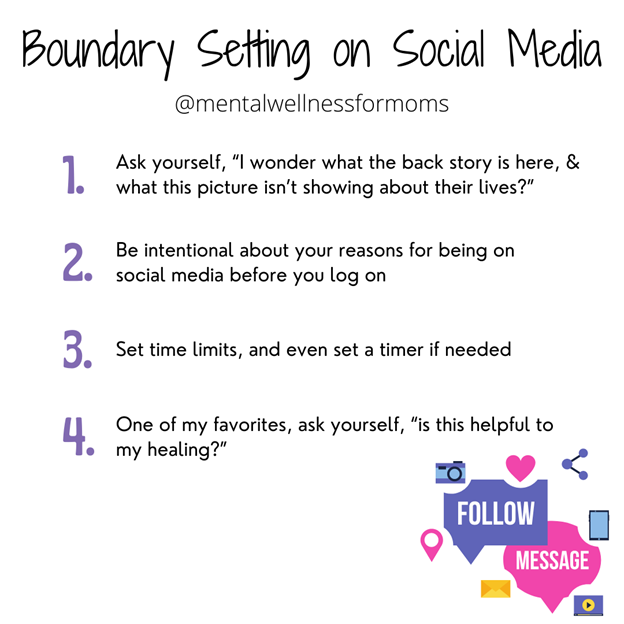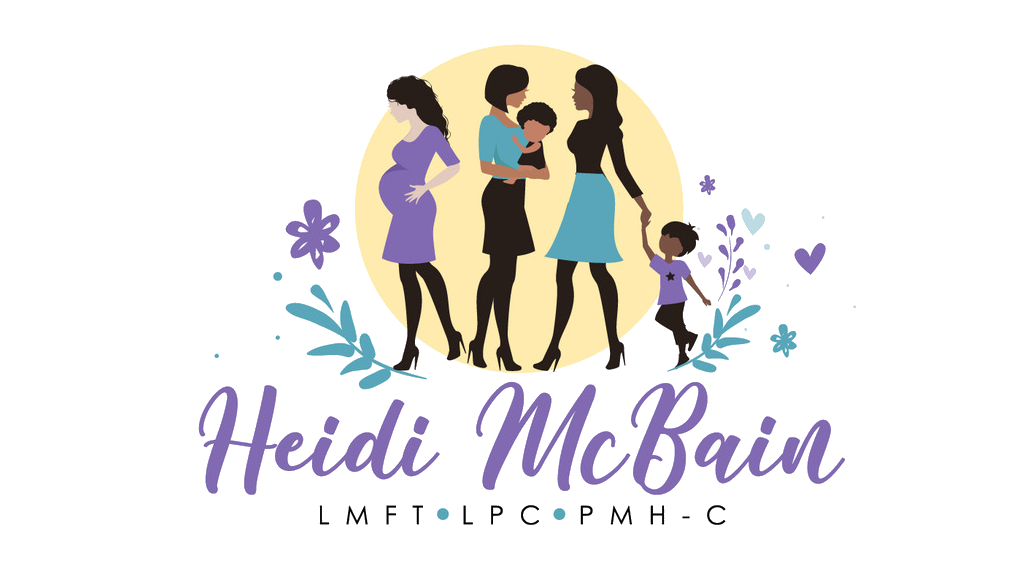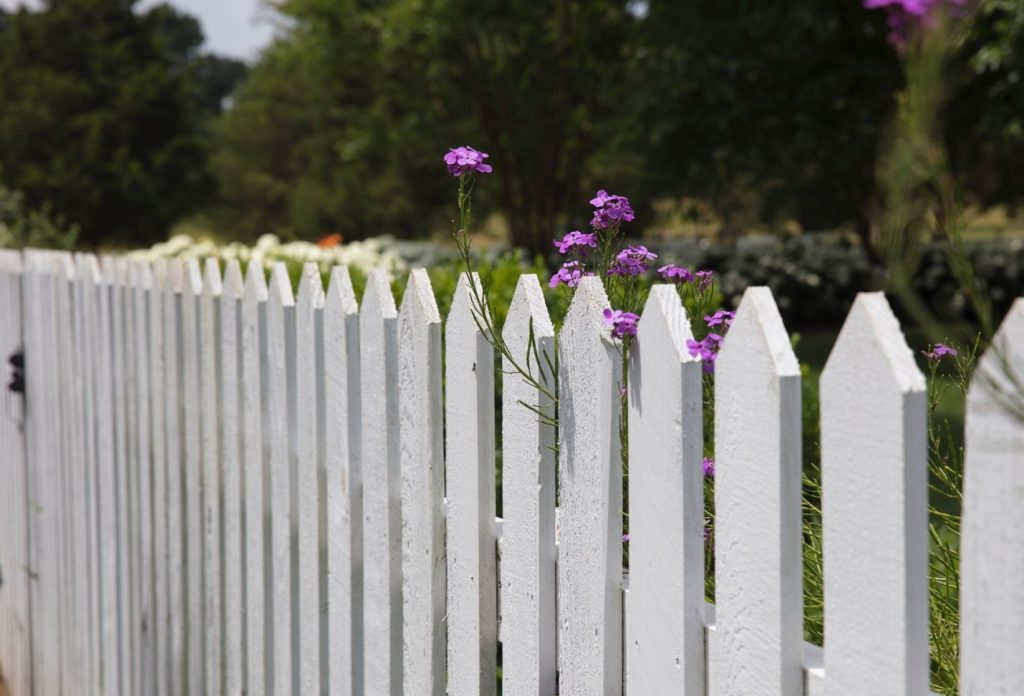
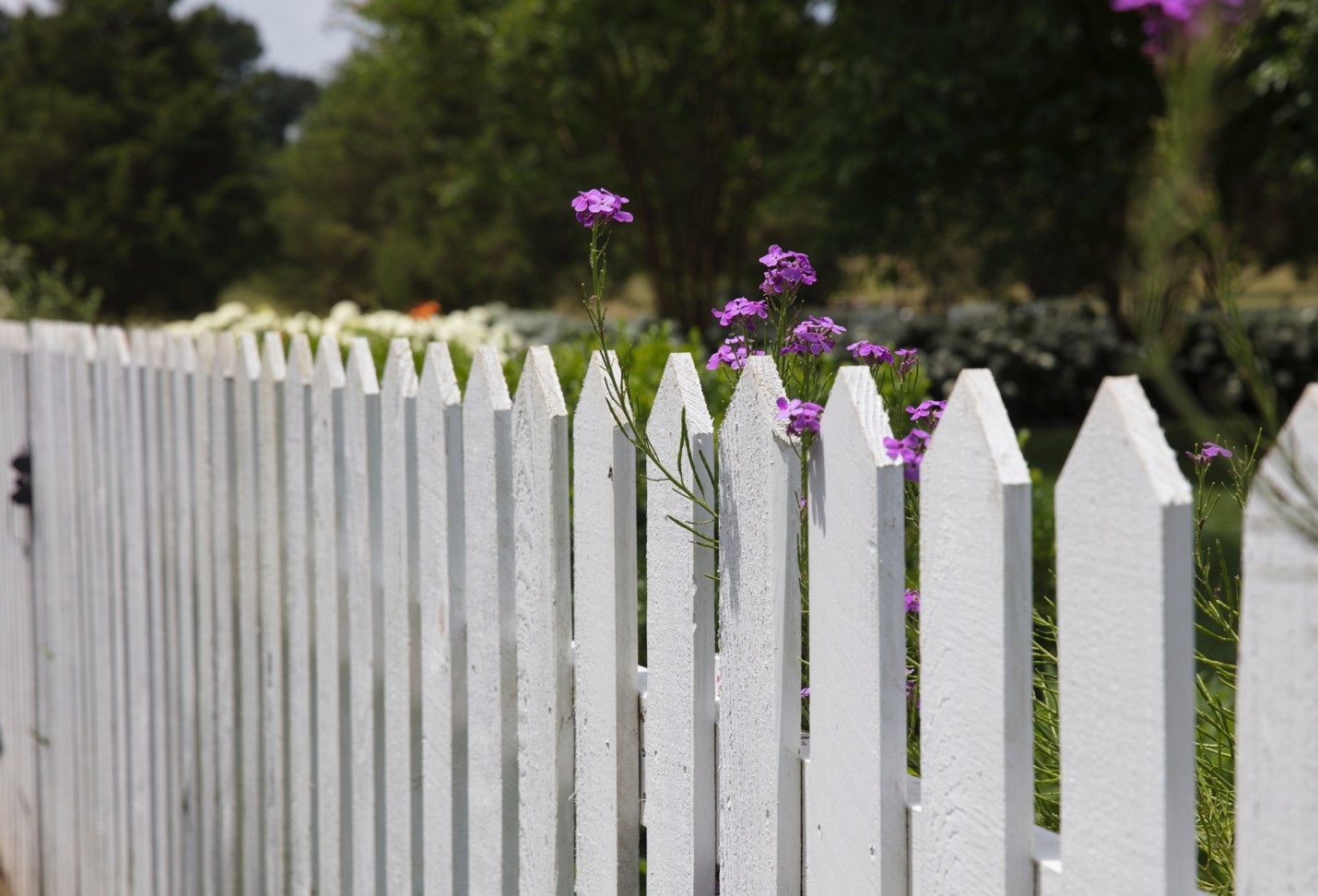 Givers need to set limits because takers rarely do.
Givers need to set limits because takers rarely do.
-Rachel Wolchin
Boundary setting is often very important when stress levels are higher than normal, like during the transition into motherhood or adding a new baby to your family. Boundaries can:
- Protect you, your emotions, your time, and your energy from others
- Help you to prioritize what’s most important in your life at any given time
- Give you permission to take a break when you need it
- Help you get much needed space from others when you’re feeling drained and depleted
- Create time for self-care
- Create space for emotional connection
- Lower your emotional reactivity
So remember, healthy boundaries protect you and your family from other people’s priorities and expectations. Saying no to the things that don’t resonate for you can help you create space to say yes to the things that do.
Here are some things to say to set clear boundaries with others during postpartum:
- Sorry but I’m not able to help with that (no explanation necessary)
- I already have plans that day/night (even if it’s to stay home and read a book)
- Let me get back to you on that (this buys you some time before saying yes or no)
- That day/time doesn’t work for me, but I could do this day/time
- Let me talk it over with my partner first
- Thanks for asking, but I’m not interested
- I don’t have time right now, but I’ll reach out to you in the future if time opens up in my schedule
- I need to go; I’ll see you soon!
- Give me half an hour and I’ll be happy to help out/spend time with you then
- No (it is a complete sentence)
What if you try some of the above ideas, but the person keeps asking or pushing back? Simply repeat the same thing or some version of the thing you’ve already told them. You don’t want to give in, as this will only teach them that with enough push back you’ll let the boundary go.
Let’s talk next about boundary setting around social media. This is also a very important place to set boundaries because people have a tendency to compare their internal “worst selves” on social media to other people’s seemingly “best selves.” Then we make assumptions that their lives are perfect, and our own messy lives are imperfect.
Here are some helpful tips for boundary setting on social media:
- Ask yourself, “I wonder what the back story is here, and what this picture isn’t showing about their lives?”
- Be intentional about your reasons for being on social media before you log on
- Set time limits, and even set a timer if needed
- One of my favorites, ask yourself, “is this helpful to my healing?”
Remember, boundary setting is to protect you, your emotions, your time, and your energy from others, which can be in person or online like on social media.